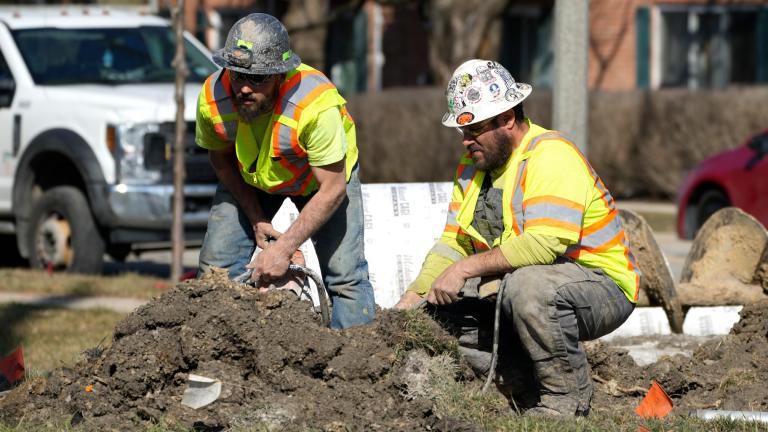Many of us wish we were better at handling money and financial decisions. And we want our kids to be “money smart.”
But Illinois is one of 22 states that does not require high school students to take a financial literacy course.
In early 2019, the University of Chicago launched finEDge, a high school curriculum that is now being used in Illinois and nine other states. It was created by The Magnetar Capital UChicago Financial Education Initiative, a collaboration between the UChicago STEM Education program and Magnetar Capital, an Evanston-based hedge fund.
“When students leave high school, whether they’re headed to college or right into the workforce, their financial responsibilities change,” said Andy Isaacs, director at UChicago STEM Education, in a press release. “We view financial education as a central responsibility for high schools, and finEDge is purpose-built to guide educators and students through key aspects of the financial system.”
“finEDge is special, in part, because it honors the fact that students come from diverse socioeconomic backgrounds,” said Alec Litowitz, founder and CEO of Magnetar Capital, in a press release. “Every student can benefit from the coursework, regardless of their family’s current financial circumstances, taking with them knowledge, and skills that will have a positive impact on the rest of their lives.”
The curriculum includes extensive training for teachers because, according to one study, less than 20% of teachers report feeling “very competent” to teach personal finance topics.
On Tuesday, Rebecca Maxcy, one of the principal researchers and creators behind finEDge, joins “Chicago Tonight” in discussion. Maxcy is with the Magnetar Capital UChicago Financial Education Initiative.








